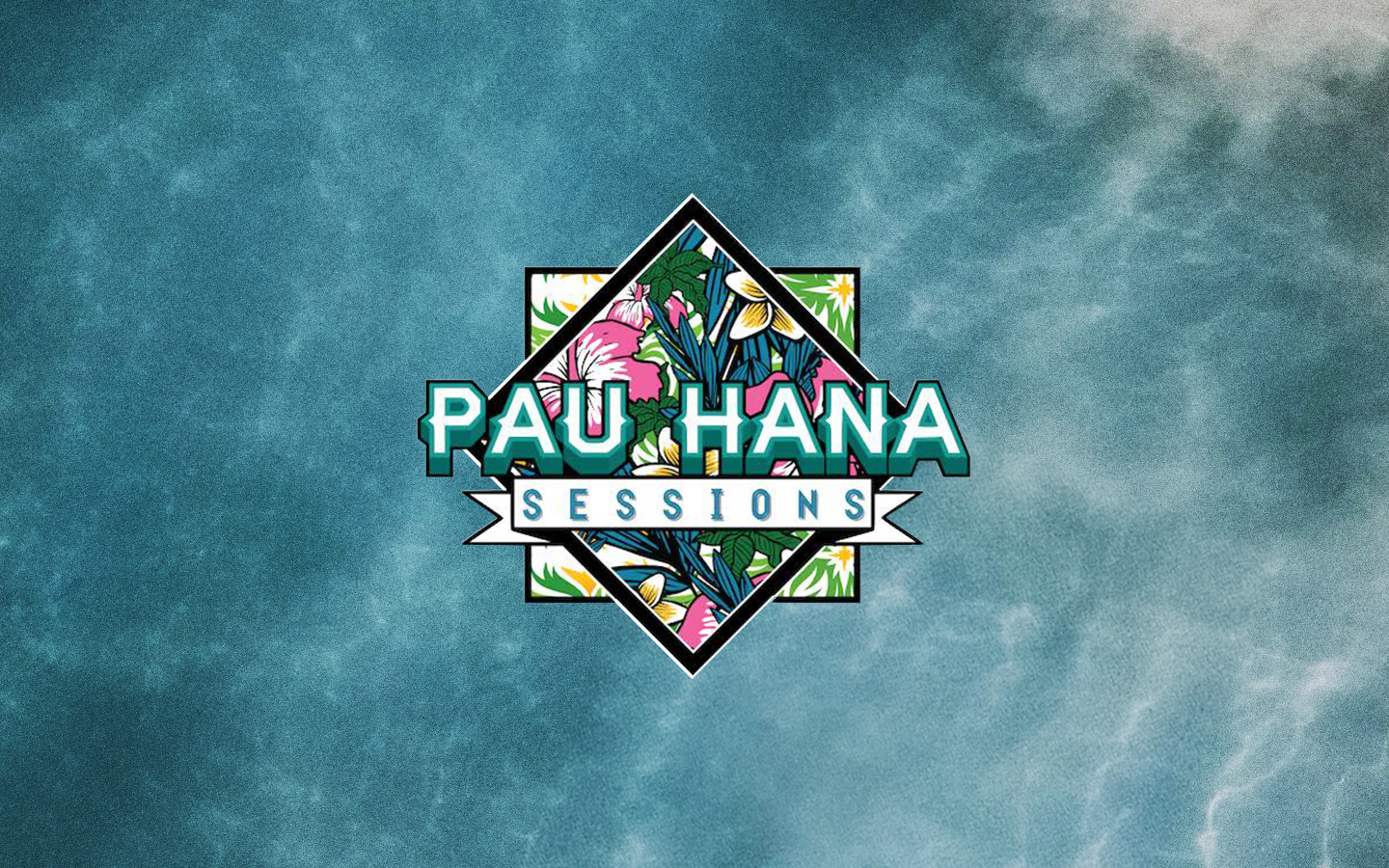Music for Being Seen, Heard, and Felt An interview with Rod Labrador of Pau Hana Sessions

Music for Being Seen, Heard, and Felt
An interview with Rod Labrador of Pau Hana Sessions
Before I was introduced to Pau Hana Sessions, I wasn’t aware of the complex musical culture in Hawai’i and the diversity the islands bring. They don’t just present music that sounds good, but music that goes deeper into the culture and unique spirit of the surrounding community. This insight coming from three PHD professors from the University of Hawai’i at Manoa, Anthropologists - Rod Labrador and Ruben Campos along with Ethan Caldwell, an African American studies expert. To find out more, I exchanged a series of emails with the Pau Hana Sessions founder Rod Labrador to talk about the purpose of Pau Hana Sessions and the importance of the community behind any music. What follows is our conversation edited slightly for clarity.
Michael Vitug: What is your personal connection to Hawai‘i music? Why did you start Pau Hana Sessions?
Rod Labrador: I grew up with music. I graduated from the School of Creative and Performing Arts, a high school in San Diego, and music has always been an important part of my life. As an immigrant, music was a way for me to connect to my family, to my friends, to folks in my neighborhood, and to the place where I grew up—this is the approach we take with Pau Hana Sessions. Pau Hana Sessions started because I wanted to personally connect to the vibrant music scene in Honolulu, especially hip hop and R&B/Soul, which is the kind of music I grew up listening to, what I gravitate towards, and which don’t get the amount of attention in the islands they deserve. Pau Hana Sessions is designed to serve as a platform for emerging and established Hawai‘i-connected artists who engage with issues related to history, culture, place, and politics.
MV: Why is it important to have geographic definitions for music?
RL: In many of our Pau Hana Sessions events, I often ask local musicians and artists if there is a “Honolulu sound” or “Hawai‘i sound.” I ask this question not to place artificial boundaries on or to limit music, but to understand if the islands have something similar to hyphy music in the Bay Area, or the chopped and screwed sound of Houston, or Outkast and Goodie Mob’s Atlanta, or the sound of Compton of the late 80s and early 90s, or Kendrick Lamar’s Compton. Are these “sounds” about instrumentation, the samples they use, the BPM of the music, or their rhyme patterns and content? Or are these “sounds” more about the artists and the communities they represent? I think the geographic definitions for music are as much about capturing the feel and emotion of music as the sonic, textual, and visual expression. Drawing geographic boundaries for music is both about place and its aesthetic and how folks build artistic communities of practice and engagement.
MV: Why should people pay attention to the racial and ethnic ancestry of music creators? How does that add to the experience of music appreciation?
RL: The ways music connects us to people, identities, and places also depends on who’s doing the creating. If a part of music is how it can narrativize place, then the perspectives and backgrounds of the storyteller matters. What is their race, ethnicity, gender, sexuality, religion, class background, etc.? Immigration stories and the search for home appeal to me because it resonates with my own experience. I’m drawn to music that talks about what it means to be in the diaspora and how we negotiate and perform ourselves. Music can move us—literally and figuratively—so we need diverse perspectives and narratives that portray our racial and ethnic richness. Representation in music matters so we can be seen, heard, and felt, so that we can resoundingly speak our truths to power and move the political needle.
MV: How do the audiences at Pau Hana Sessions react to artists and songs that address urgent themes or are specifically relevant to Hawai’i? What is the effect of music that connects to the topics people are regularly dealing with?
RL: First and foremost, I think folks look to Pau Hana Sessions for good music. At the same time, we also encourage creative expression and consumption with critical perspectives. Our content that has gotten the most engagement are ones that are unapologetically political, namely those that have been part of #MaunaRapChallenge initiated by Farmers Market Hawaii (a local streetwear brand) and #Jam4Maunakea, which was started by Mana Maoli (a local non-profit composed of educators, artists, musicians, cultural practitioners, community organizers, and families). I think the songs that are part of these hashtags speak to the ways people are questioning what “Hawai‘i” means right now. They ask questions like, “How should we understand the history of this place and how does our understanding shape our present and future? Who belongs here? What language(s) do we use to represent the islands?” It’s a question of who gets centered and who gets marginalized. It’s also a question of authenticity, in terms of what is the “real” Hawai‘i and who gets to represent whom. For example, what is the kuleana (or responsibility, obligation) of non-Natives, like us, in the aloha ‘āina movement?
Through Pau Hana Sessions we hold ourselves accountable for telling stories about struggle, persistence, resistance, and justice. The #MaunaRapChallenge and #Jam4Maunakea songs ultimately problematize the dominant twin images of Hawai‘i as a tropical tourist paradise and a multicultural racial paradise. They remind us that the indigenous people of Hawai‘i have not disappeared and continue to refuse erasure. These might seem like macro-level issues but it’s also about us creating a sense of place and sense of self.